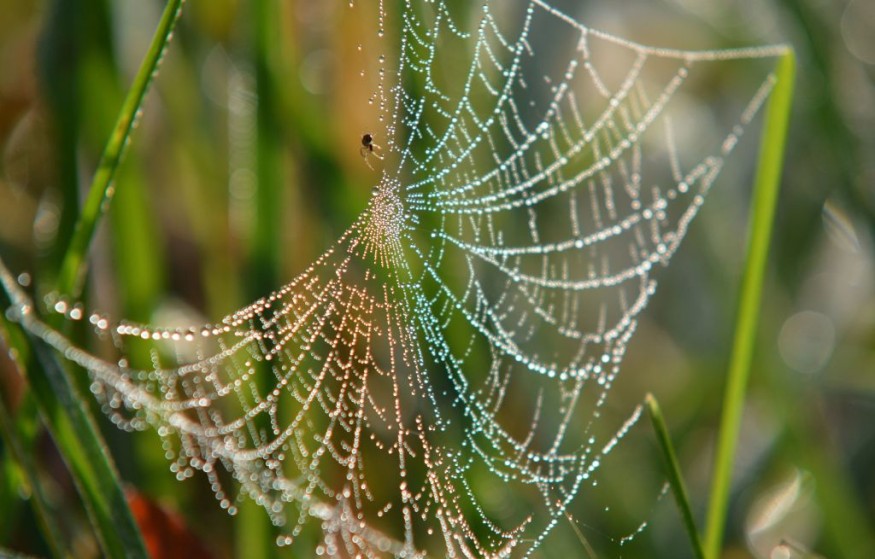Spider silk is a protein known for being a flexible and strong material used for creating spider webs and other sticky structures. Its properties have reportedly made their way into the fields of biology, gene therapy, and reconstructive surgery as a potential boost to the human cancer-killing protein called p53.
The role of the cancer-fighting agent is to protect human cells from cancer cells. Specifically, p53 suppresses tumor growth and replication of cancer cells. However, the protein is reportedly short-lived as it easily breaks down due to its unorganized and fragile state.
A new study reveals inserting spider silk makes the anti-cancer protein more rigid and enhanced, resulting in a significant stabilization of its presence inside the body. It is for this reason that researchers consider the potential of p53 as an important component for future cancer therapy.
Over the past several decades, research on cancer treatment had encountered several roadblocks from reaching a universal cancer cure. One of these roadblocks is the unstable nature of p53-which has been considered by the new study in the development of cancer therapeutics.
Spider Silk and p53

In the new study published In the journal Structure on Monday, March 14, researchers from Karolinska Institute (KI) in Sweden explored p53 and acknowledged that its role as a cancer-fighting agent is impeded by its poor genetic expression and weak stability.
Under this circumstance, the KI researchers saw this condition as a major challenge to structural biology. The team used spider silk to boost the translation of p53. In a process called spider silk-p53 protein fusion, the study yielded a more compact and biologically active version of the anti-cancer protein.
Also Read: Spider Silk Inspires New, Ultra-Tough Fiber
Roadblocks on Cancer Cure
The past decades have shown roadblocks in the areas of cancer research and cancer therapy. In the new study, the fragile state of p53 prior to being fused with spider silk can be plausibly included as one of the roadblocks towards a universal cancer cure.
The study's co-author Michael Landreh, during a press release by KI, stated the challenge concerning cancer is that cells in the body only produce small amounts of the cancer-fighting agents. Landreh added that manufacturing cells immediately collapse p53 due to their very large size and unstable state.
Conventionally known for the abnormal mutation and uncontrollable division of cells, cancer has been a challenge in the fields of biology, medicine, and across the scientific community. Some of the roadblocks to creating a cure for cancer is that it poses a high-risk occurrence to anyone regardless of age and sex.
Future Cancer Treatment
In spite of the promising results, further research is still expected on the effects of spider silk in healthy cells and across the human body. Nevertheless, the boosting of the cancer-killing protein is considered to be the first step for novel cancer treatment in the coming years.
According to the World Health Organization (WHO), cancer has killed almost 10 million people in 2020, and it is considered to be the principal cause of death across the globe. The WHO said breast cancer, lung cancer, colon cancer, and prostate cancer are the most common malignant tumor.
© 2025 NatureWorldNews.com All rights reserved. Do not reproduce without permission.





